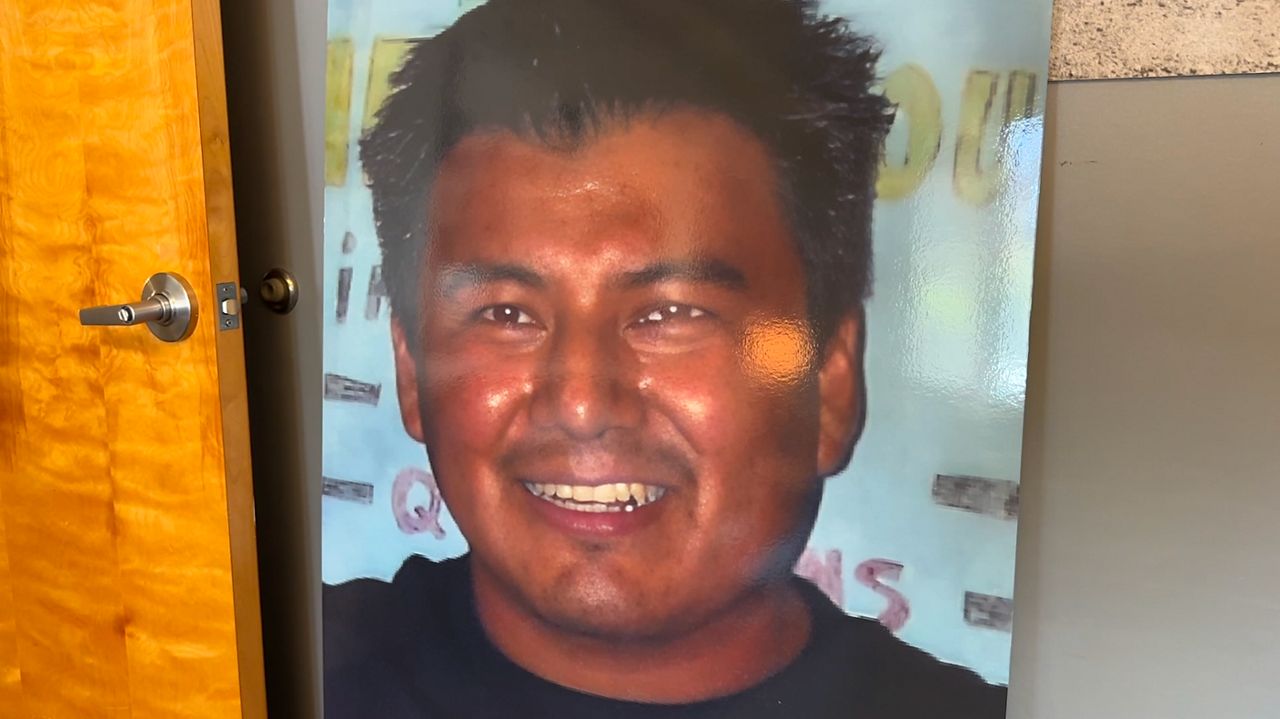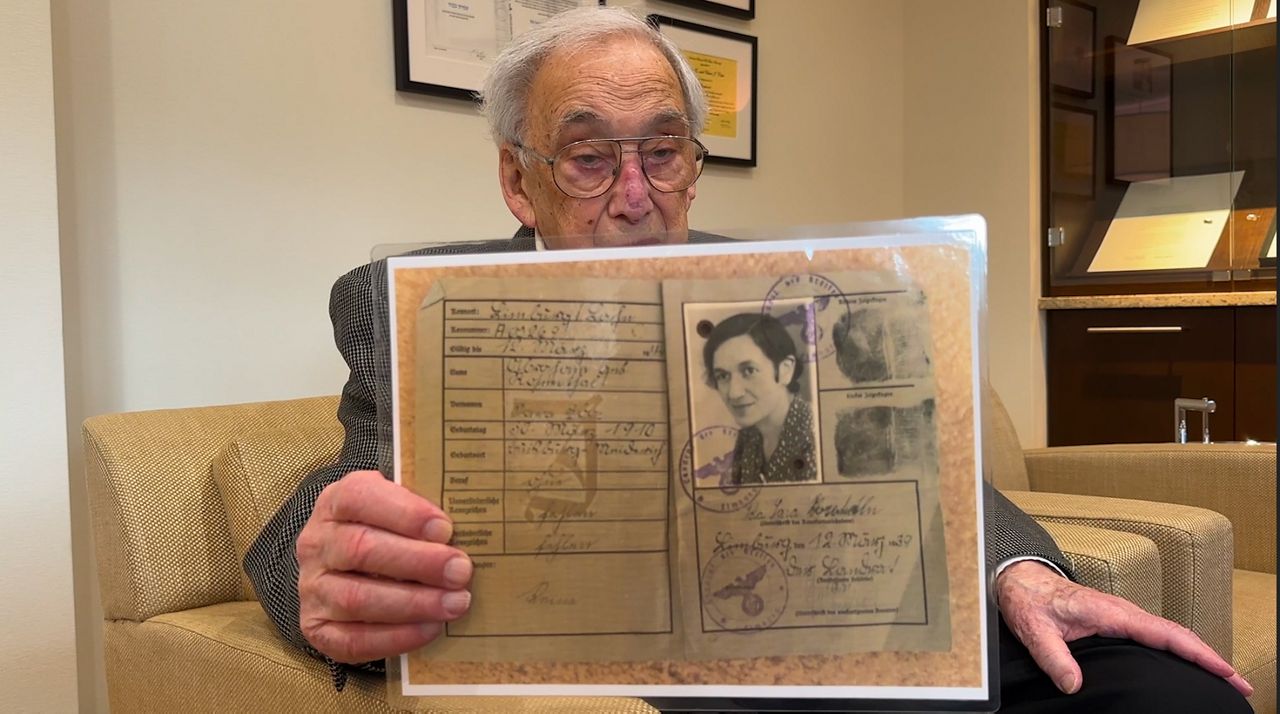TOLEDO, Ohio — Deporting undocumented migrants in masses is something the Trump administration considers a promise kept, but these mass deportations could forever change the lives of more than 11 million people living and working in the U.S. without citizenship, including Irene.
“In Mexico, the situation is very bad right now because of all the cartels and things like that. So we don't want to go back to Mexico,” said Irene, who’s asked to remain anonymous due to privacy and safety concerns.
Irene moved to the United States more than two decades ago. Still without citizenship, Irene said, she’s been living in constant fear the last few months because of her status.
“It's not easy, we don't have it easy. When you are driving to work, you are thinking, ‘What if the police stop me? What if they call it migration or something? Or like, what is going to happen to our children?’” she said.
Many other Americans are also expressing concerns about the rights of immigrants living and and working in the country. Thousands of groups held May Day protests as part of the latest wave of nationwide demonstration.
Baldemar Velaszquez is the president of the Farm Labor Organizing Committee in Toledo and is leading advocacy efforts among the community.
“About half of the agricultural workers in the United States are undocumented, and it's a workforce that's needed by employers in this country,” Velasquez said.
Velasquez rallied with hundreds of community members and local leaders outside of Golden Park earlier this month.
Through their efforts, Velasquez said they’re hoping to spark a national conversation about immigration reform.
“The most pressing issues really is the inequities in the employment system, the ability for workers to defend themselves, to have a way to complain without fear of retaliation,” he said. “You can only do that through collective bargaining agreements.”
The committee is also calling attention to the root causes of migration and the role migrant workers play in the labor workforce, with specific attention to H-2A and H-2B visa workers.
“Our, legislators have been tried to solve the the abuses in the program. It's just that we have no foreign governance of the program because most of the abuses start in the sending country, like Mexico, where recruiters ask for extort money or ask for bribes for the visas,” Velasquez said.

In a list of demands to government officials, the committee is also pushing for a new amnesty for immigrant workers, sustainable trade agreements and reform of the immigration judicial system.
Still, for others, being able to stay in the United States is their top concern.
Ibrain left his loved ones behind in Cuba behind many years ago. He is undocumented and has asked to remain anonymous for fear of his safety.
“Well, I don't have anyone there. My whole family has died,” Ibrain said. “I, living 44 years here, have nowhere to go there. I don't know what I'm going to do.”
While the immigrant community continues to face uncertainty, Irene said, the only thing she asks is for others to take a moment to step in her shoes.
“The president is [and] was a son, is a father, and now, he is a grandfather,” Irene said. “I think that maybe if he was in the situation that we are in right now…he would be in the same situation as us.”







